Obsessive compulsive disorder (OCD)
-
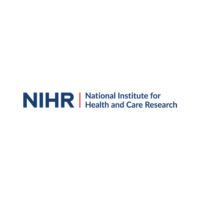
Antidepressants for children and teenagers: what works?
Prescriptions for teenagers are rising. Research has found that the number of 12 to 17 year olds prescribed antidepressants more than doubled between 2005 and 2017. More recent information suggests that prescriptions have continued to increase, especially during the pandemic.
Read more -
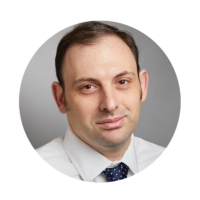
Dr. Michael Bloch
Michael H. Bloch, M.D., M.S. graduated from Yale School of Medicine and completed his child and adult psychiatry training at Yale. He is currently an Associate Professor at the Yale Child Study Center. His research focuses on evidence-based medicine and developing improved treatments for individuals with mental illness across the lifespan using clinical trials and meta-analysis
Read more -
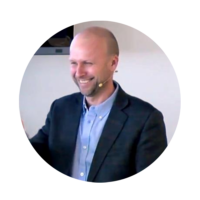
Some simple steps to using principles from Behavioural Activation to improve the mood of Children and Families who are at home and self-isolating
In this short article we are going to look at how an evidence based treatment for depression called Behavioural Activation (BA) could be helpful for families in lockdown.
Read more -
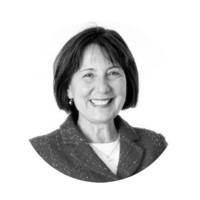
Nip in the Bud – free resources
Our International Development Director, Dr. Gordana Milavic, is a trustee of the charity Nip in the Bud. Their goal is to increase the prospects of early intervention and to reduce the risks of those conditions becoming more serious in later years.
Read more -
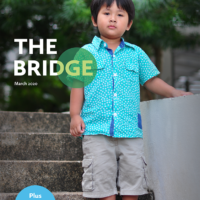
March 2020 – The Bridge
This edition of The Bridge features research digests on ‘FRIENDS’ and anxiety, CAMHS and technology training, OCD and anxiety, parenting, autism and more.
Read more -

Autism Spectrum Disorders and Obsessive Compulsive Disorder Editorial
This edition of The Bridge focusses on Autism Spectrum Disorders and Obsessive Compulsive Disorder.
Read more -

Most Popular Content of 2019
We’ve collated the most popular online content, from our website, of 2019. We would like to thank all of our collaborators who are helping us in ‘Sharing best evidence, improving practice’.
Read more -

Autism Spectrum Disorders and Obsessive Compulsive Disorder edition
This edition of ‘The Bridge’ focusses on Autism Spectrum Disorders and Obsessive Compulsive Disorder. Both of these can resemble each other with the over-focus, special interests and anxieties seen in ASD resembling the obsessions of OCD, and the routines, rituals and need for order and sameness that can be seen in ASD resembling the compulsions in OCD.
Read more -

Young people’s lived experience of Obsessive Compulsive Disorder
How do young people really experience living with Obsessive Compulsive Disorder (OCD)? What are young people’s understanding of their development of OCD and is there a link to trauma? How do other people’s reactions to the OCD affect the young people? How do young people really feel about the help for OCD in the United Kingdom?
Read more -
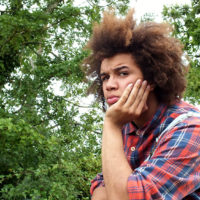
Working memory deficits may compromise cognitive flexibility in OCD
Obsessive compulsive disorder (OCD) is characterised by recurrent intrusive thoughts and/or behaviours. These traits imply deficits in cognitive flexibility in affected patients, but it is unclear at what stage of information processing these deficits might emerge. To address this question, Nicole Wolff and colleagues asked 25 adolescents with OCD and 25 matched healthy controls to complete a computer-based task switching paradigm.
Read more